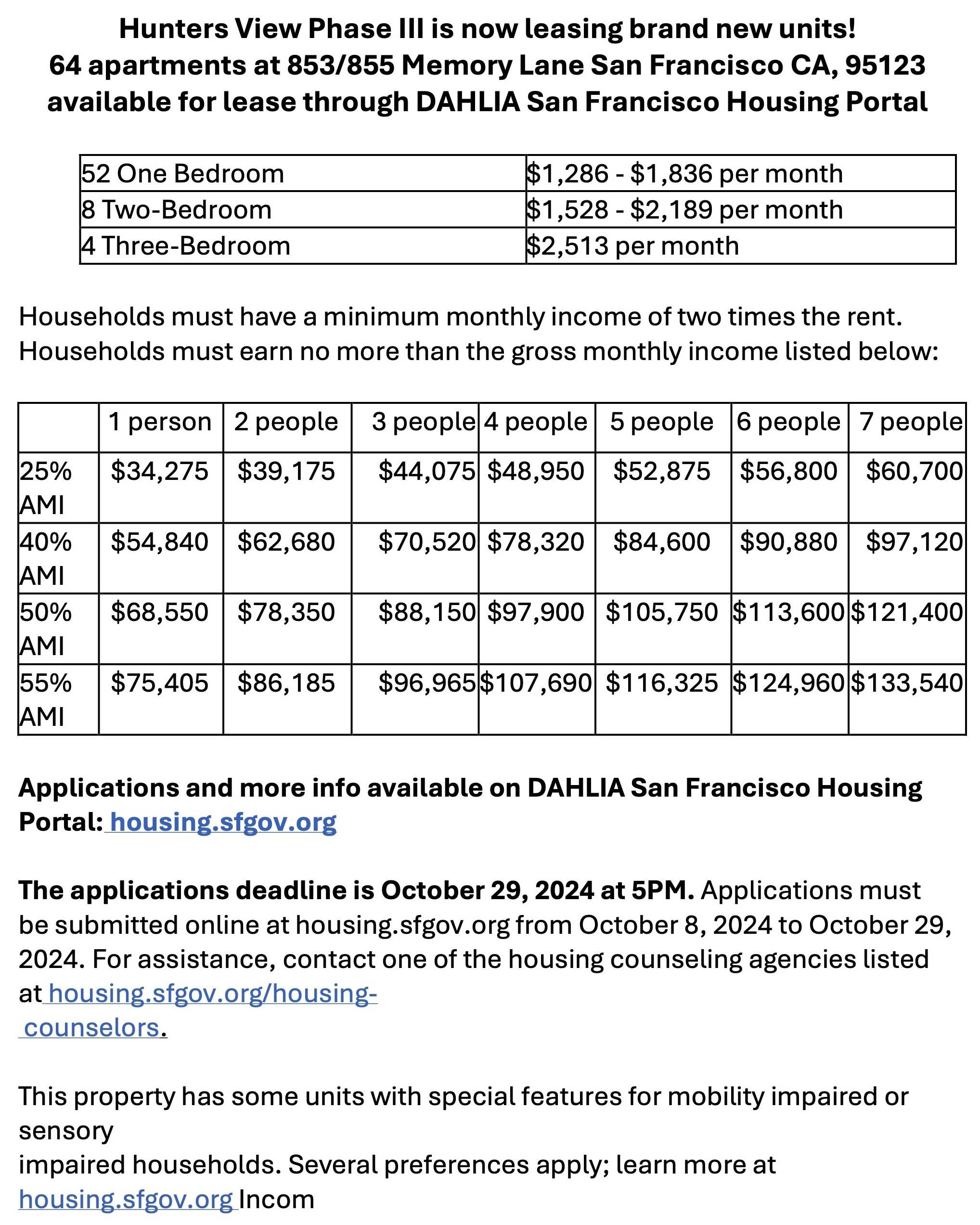
by Griffin Jones
28-year-old Jhacorey Wyatt has spent an entire prison term awaiting his sentence for a 2021 shooting in the Tenderloin. Tomorrow, Dec. 10, a judge will decide whether Wyatt receives time served or face over a decade more behind bars.
The ruling has a chance to break from San Francisco’s trend of over-incarcerating Black people — in this case, for a crime that five jurors who originally handed out guilty verdicts are now refuting.
In sworn statements, several jurors say that involuntary manslaughter, which carries a lesser sentence than voluntary manslaughter, was never considered. Based on surveillance video and witness testimony, they say, voluntary manslaughter is not the crime that should commit Wyatt to prison.
“In hundreds of cases, I’ve never seen this,” said San Francisco Public Defender Mano Raju of the jurors’ statements. “This is a highly unique situation, which is why it calls for the judge and, frankly, the prosecutor, to vacate this conviction.”
2021: A brisk August night in the Tenderloin. Wyatt, then 25, set out from Oakland to San Francisco to find his younger brother, who was on the streets struggling with addiction. He brought a gun.
On his search, Wyatt encountered Carlos Cruz, a young man known to sell drugs in the area. There was a confrontation, in which both men allege they feared for their lives. Cruz appeared to Wyatt to reach for a weapon. Wyatt shot Cruz three times. The entire exchange took only a few seconds.
Cruz, 23, survived. But a stray bullet killed nearby Robert Nash, a 51-year-old Black man in a wheelchair. Nash suffered from health issues and addiction for years, and was featured in a 2018 Chronicle article noting his difficulty speaking and walking after a stroke. It’s unclear if he was living on the streets again in 2021. But on that night in August, according to court documents, it’s likely Nash and his wheelchair were being used to stash Cruz’ product. The practice is common for many of the Tenderloin’s homeless.
After almost three years in county jail, Wyatt found his trial dragging on past its target end date. Exhausted jurors squabbled over murky definitions of self-defense. Many were beginning to face money troubles. Surveillance footage from the evening wasn’t exactly conclusive. Cruz had fallen off the map after moving back to his native Honduras and didn’t testify in person.
Finally, in May, a jury found Wyatt guilty of voluntary manslaughter — and notably, not guilty on all murder charges. One juror cried as the verdict was read. An unprecedented chain of events followed: In September, one juror signed an official statement repudiating their decision to find Wyatt guilty. Four more came soon after.
In their affidavits, jurors agree that in reviewing both prosecution’s and defense’s evidence, Wyatt was justified in fearing for his life, and had not gone out intending to kill anyone. Several claimed that confusing instructions made them unable to consider a charge of involuntary manslaughter, which carries a lesser sentence. The defense requested a new trial based on information in the statements, but it was denied.
Wyatt’s conviction may be settled, but what happens on Tuesday determines whether he will be able to raise his 7-year-old daughter or spend 26 years in prison, as the San Francisco District Attorney’s Office hopes.
A short film released by the public defender’s office shows that before 2021, Wyatt was the glue that held his family together. He is the sixth of nine kids raised by two parents addicted to drugs. The family moved dozens of times all over the East Bay and San Francisco before he ran away to escape abuse in his teens. Even after running away, Wyatt would regularly check back in on his siblings.
The film is a first for the public defender. “A lot of times, movies like this come out decades later,” when it’s too late to help a defendant, said Raju. “If we can get this right on the front end we really should.” The hope is that showing Wyatt’s positive role will ease his sentence.
The prosecution disagrees. District Attorney Brooke Jenkins stated to the court that victims’ “families do not have a video production team to present a video describing their incalculable losses.” In the same document, she notes that transcripts of phone calls from jail “firmly rebut” Wyatt’s portrayal as “a loving family man.”
Nevertheless, “this is what it boils down to for Black defendants,” said Tinisch Hollins of SF Black Wallstreet of the video. “We have to be humanized first before we will be believed.”
One juror’s affidavit expresses the same concern: some jurors, they said “used a very narrow definition of what they believed they personally would have done in Mr. Wyatt’s situation.” The same juror noted that their conclusions were “infused with their racial and socioeconomic bias.”
Last month, SF Black Wallstreet joined calls for Wyatt’s release. “If the jury is admitting that they may be sentencing him for the wrong crime, then that’s a huge red flag,” Hollins told the Bay View.
It’s no secret that Black people make up an overwhelming majority of San Francisco’s jail population. Currently, 504 of the 1,073 county inmates are Black, nearly double that of Latinx and white people respectively. Across the United States, Black people are hit with longer sentences than others for many of the same crimes.
“We’re watching the district attorney as well,” she added. “DA Jenkins has to be accountable in this process. She wants the public’s trust that when people go through the system, they get a fair trial. But there’s evidence in this case that that’s not happening.”
Hollins said that the suffering of victims and their loved ones cannot be discounted — but that more time behind bars would not be justice for an accidental killing.
“You think about Jhacorey’s story: He got caught up in committing this crime because he was trying to break a pattern in his own family, with his brother being addicted. [Jail time] pretty much guarantees the cycle continues.”
Wyatt’s sentencing hearing is this Tuesday, Dec. 10, 2024, at 1:30 p.m. in Department 21 with Judge Michael McNaughton at 850 Bryant St. It’s open to the public.
Griffin Jones is a San Francisco-based freelance writer. She formerly worked at Mission Local, the San Francisco Bay View and the Los Angeles Review of Books. She can be reached at [email protected].




